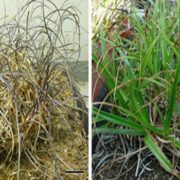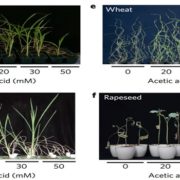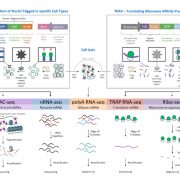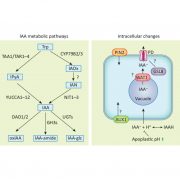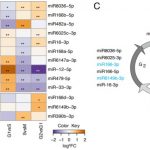A signal amplifier that regulates soybean root growth in response to salt stress (Plant Cell_
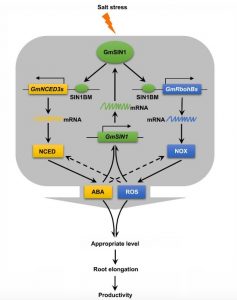
The balance between environmental stress tolerance and plant growth is an important research topic. Plant responses vary among species and varieties, but also with the growth environment. Soil, water, and environmental factors interact to affect plant growth responses to soil salinity. To engineer salt-tolerant crop varieties, it is crucial to identify the key components of the salt-tolerance network. Li et al. identified a possible candidate in soybean (Glycine max), a salinity-induced NAC transcription factor encoded by SALT INDUCED NAC 1 (GmSIN1). Upregulation of GmSIN1 depends on ABA and ROS. In response to salinity, GmSIN1 expression improves root growth and salt tolerance by promoting ABA accumulation and ROS generation, by up-regulating GmNCED3s and GmRbohBs. Based on this, GmSIN1, GmNCED3s and GmRbohBs collaborate to rapidly amplify the initial salt stress signal in a positive feed-forward system. These findings highlight that the modulation of ABA and ROS contents enhances soybean salt tolerance. (Summarized by Francesca Resentini) Plant Cell 10.1105/tpc.18.00662



